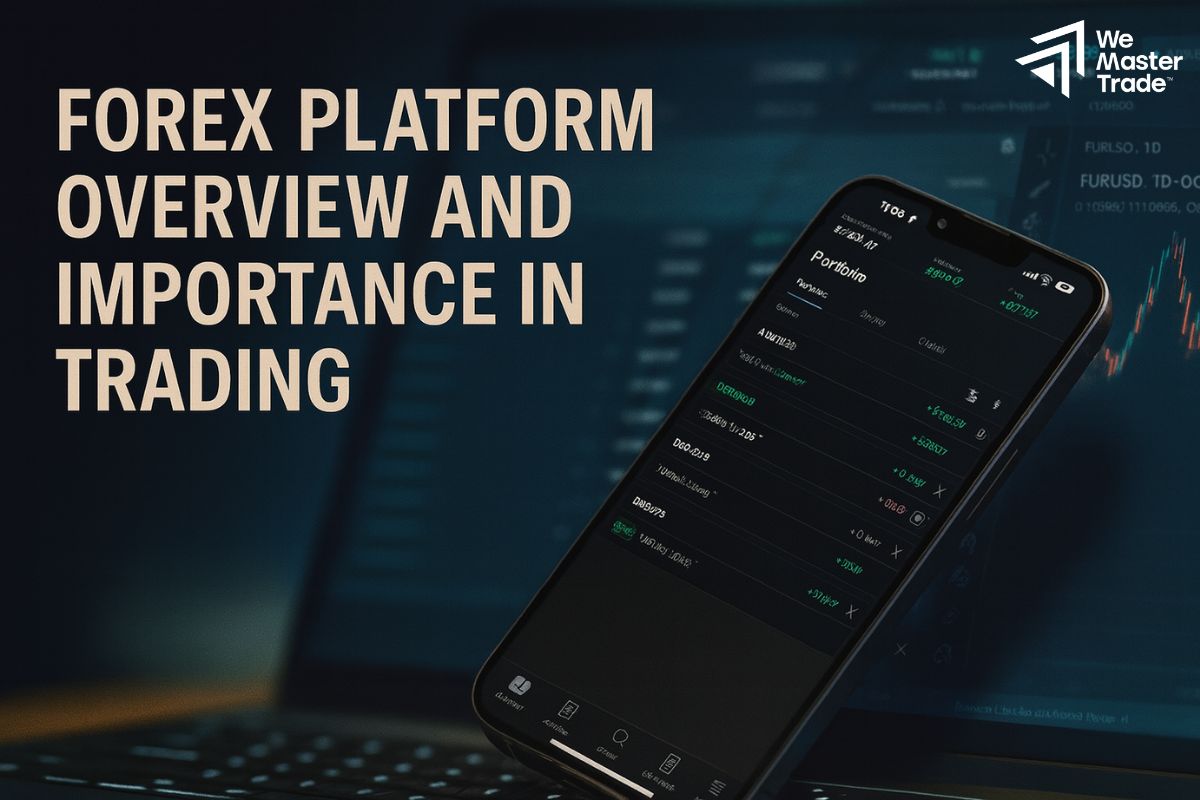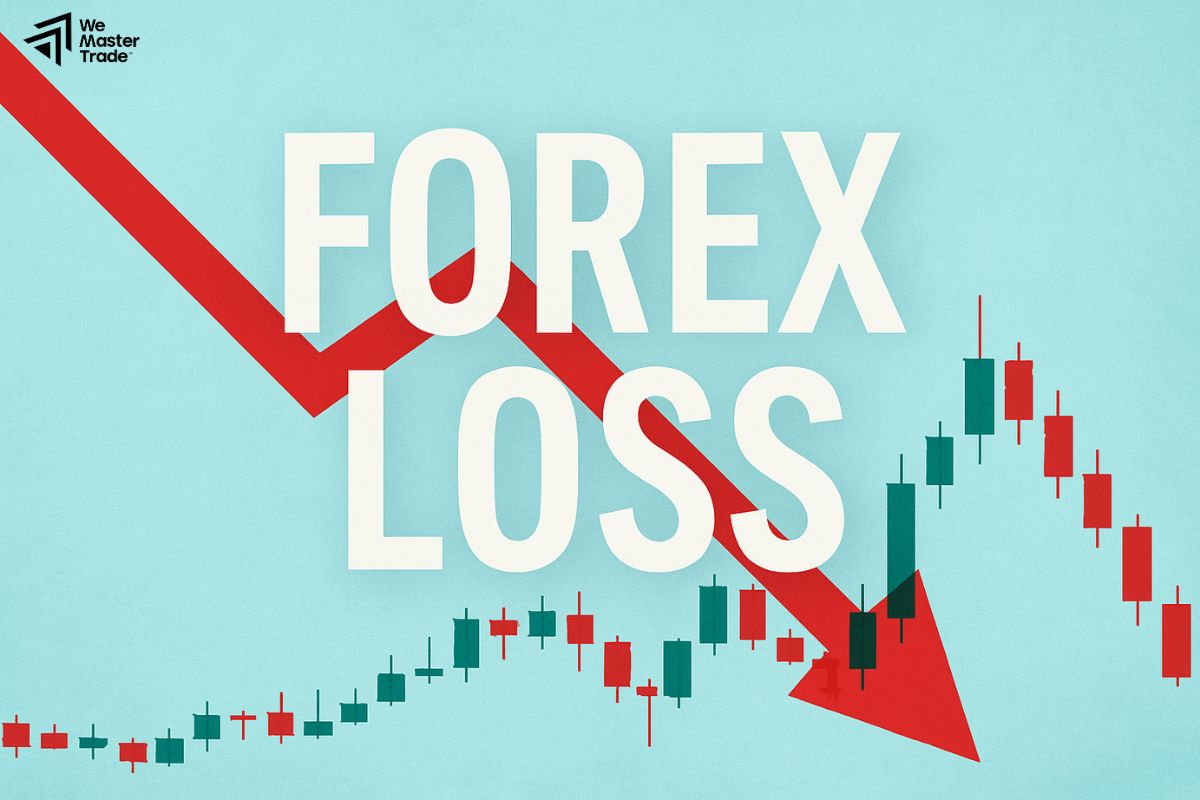You know that the market is always volatile and even causes unpredictable Foreign Exchange Risk if there is no timely prevention or response plan, right? So have you equipped yourself with an effective risk management strategy? In this article, I will help you understand better as well as know how to limit and resolve risks in case of force majeure. Don’t miss the opportunity, follow me right away!
What is foreign exchange risk?
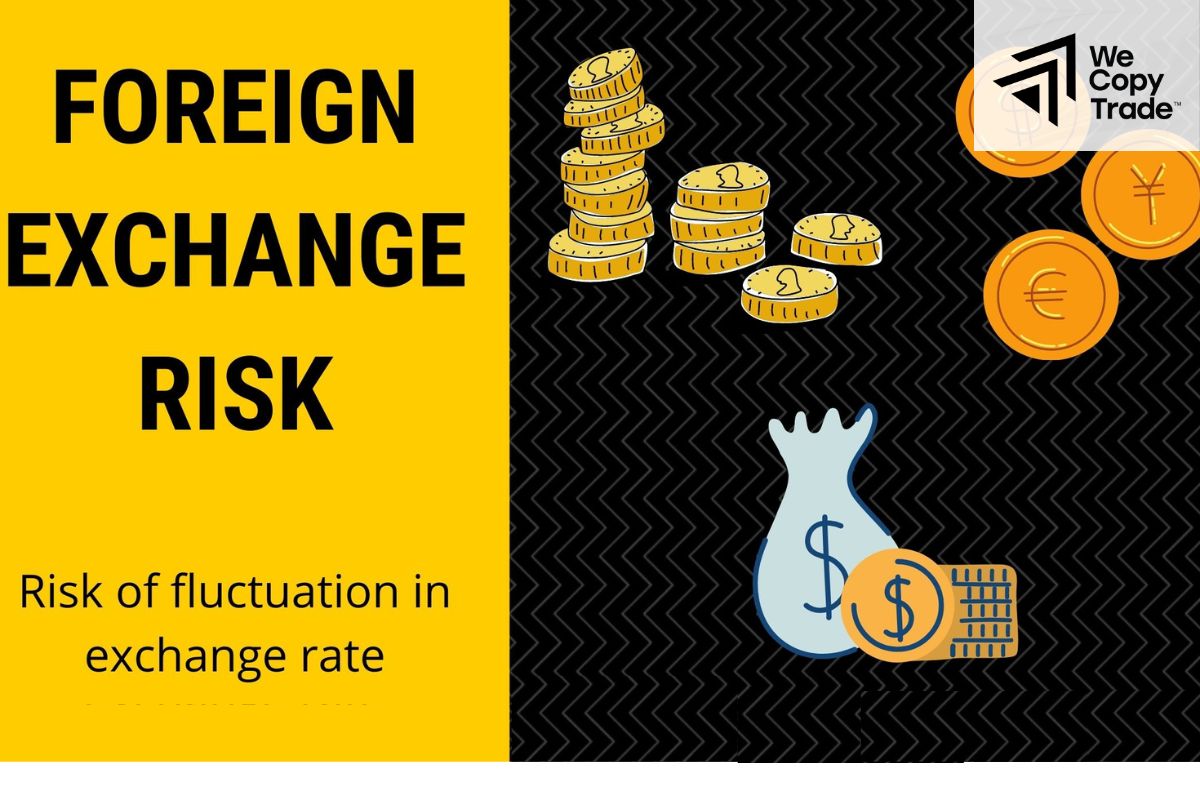
Foreign exchange risk is a constant concern for businesses and investors operating in international markets. It occurs when the value of currencies fluctuates, affecting the costs, revenues and profits of cross-border transactions.
Businesses in the manufacturing, import-export and tourism sectors are often heavily affected by foreign exchange risk. For example, an automobile manufacturer that imports components from abroad will face increased production costs if the foreign currency they use to pay for them appreciates against the domestic currency.
For example, a company that exports goods to the United States may see its profits decline significantly if the US dollar appreciates against the domestic currency. This is because American customers will have to pay less for the company’s products, while the company’s production costs remain the same or even increase.
See more:
- Tips Simplify Your Financial Risks Management Process
- Financial Risk Assessment, Identification and Management
- What is interest rate risk? How to manage interest rates
Advantages of Foreign Exchange Risk Management
In the context of increasingly integrated economies, businesses operating on a global scale cannot avoid risks related to exchange rate fluctuations. Businesses need tools to deal with the instability of the foreign exchange market.
Effective foreign exchange risk management not only helps businesses avoid unexpected financial losses but also brings many other benefits such as:
Protection against adverse economic conditions

When the currency market fluctuates strongly, exchange rates will change, causing the value of currencies of different countries to change. If we have management strategies combined with risk management tools, businesses will minimize losses.
Enhance decision-making ability
Foreign exchange risk management not only helps businesses avoid potential risks but also helps them seize new opportunities. By proactively managing risks, businesses can flexibly adapt to market changes and strengthen their competitive position.
Improve financial health

With good foreign exchange risk management, businesses will have a more comprehensive view of their financial situation, helping them make informed investment decisions, protect their assets from unexpected fluctuations in exchange rates, and increase the confidence of investors and partners.
Strategic flexibility
Foreign exchange risk management is the key for businesses to seize new business opportunities in the international market. It helps businesses be more flexible in making decisions and adapting to changes in the market.
For example, acquiring a company abroad is a big and risky decision. If foreign exchange risk is not well managed, businesses may face difficulties in paying off debts and operating the new company. On the contrary, if managed well, businesses can take advantage of this opportunity to expand the market and grow.
Types of Foreign Exchange Risk
Foreign Exchange Risk are unavoidable when deciding to make an investment transaction and they are often divided into the following 3 types:
Transaction risk
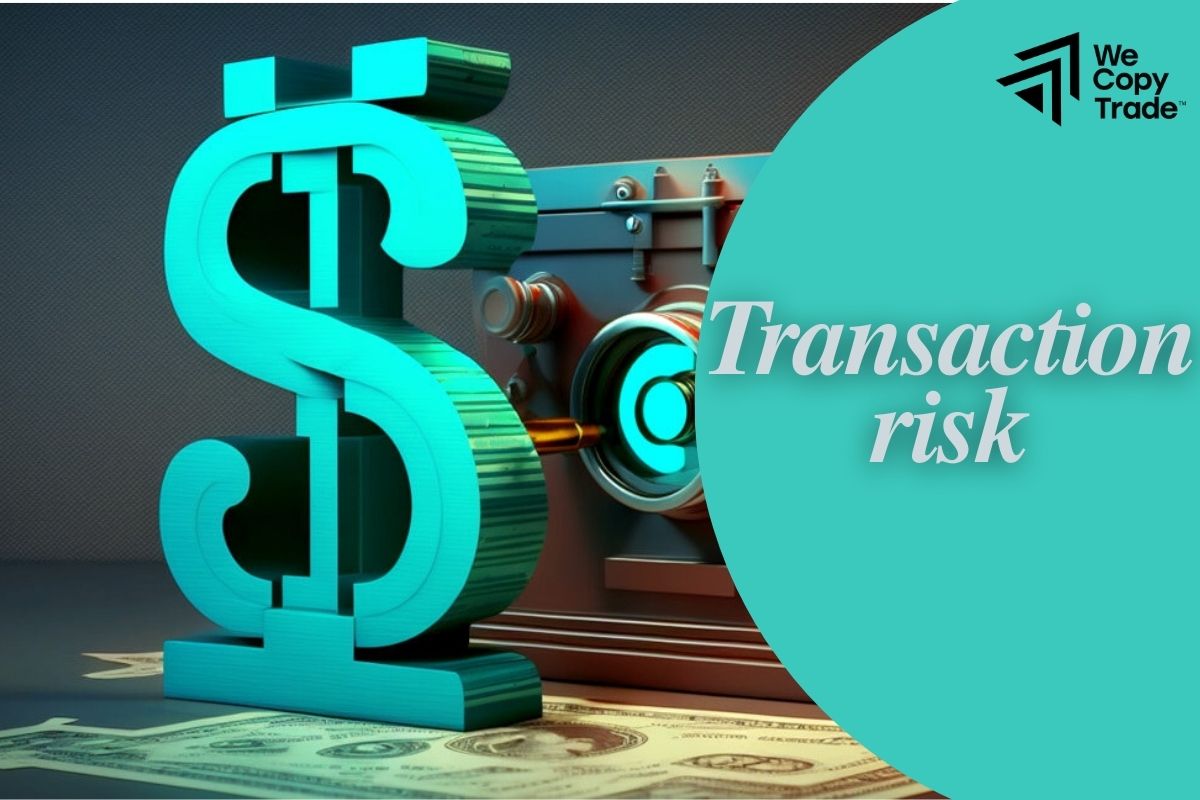
This is the type of risk that often occurs when importing goods. Specifically, if the currency of that country increases in value, you will have to pay more to buy the same item. That is the transaction risk that companies face when importing goods.
Transaction risk
Conversion risk occurs due to the difference between the exchange rate at the time of financial reporting and the time of conversion. It is similar to having some savings in a foreign bank. If the currency of that country depreciates, your savings when converted to the domestic currency will decrease.
Economic risk
This is the most difficult type of risk to predict because it depends on many economic, political and social factors. Multinational companies often face economic risks. For example, if an American company has a manufacturing plant in Vietnam, its profits will be affected if the Vietnamese dong depreciates against the US dollar.
How To Avoid Foreign Exchange Risk In Investing?
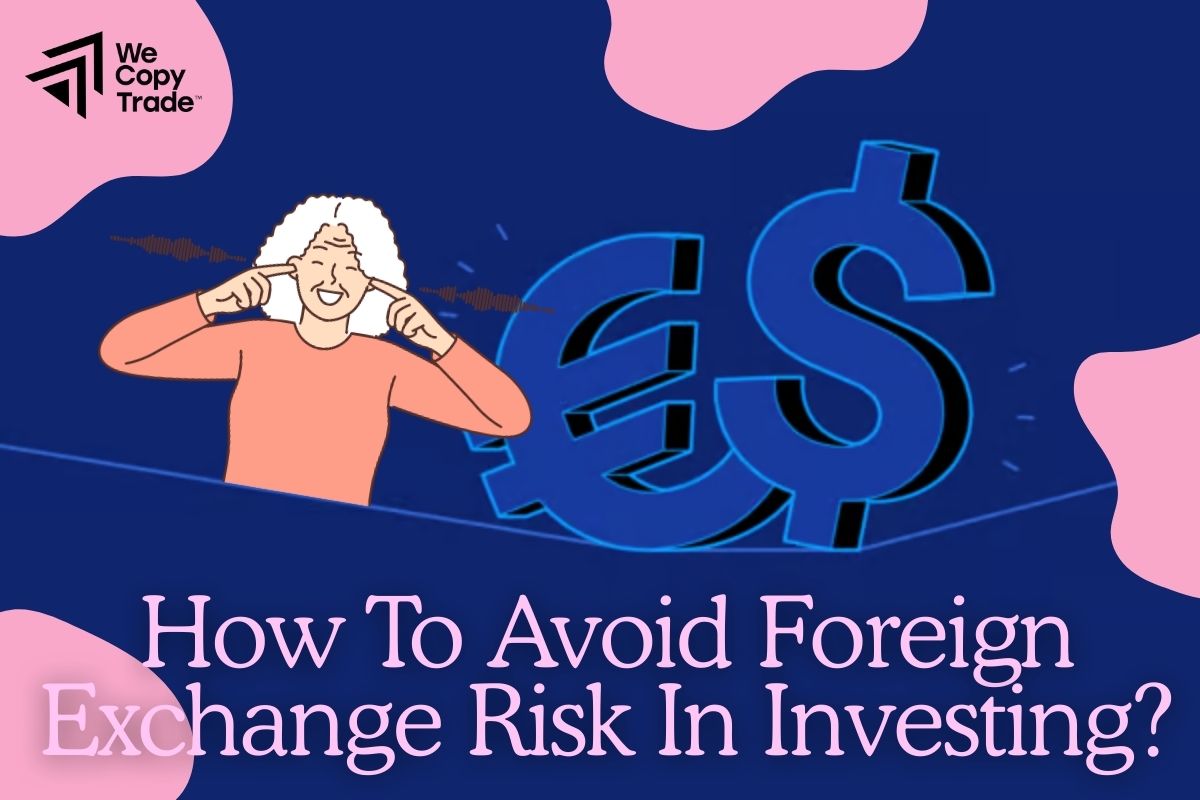
Investing in foreign companies is a great way to diversify your portfolio and increase your chances of earning profits. However, foreign exchange risk is always a big concern. To minimize this risk, investors can consider the following options:
Investing in hedged ETFs: This is a simple and effective way to gain exposure to international markets without worrying about exchange rate fluctuations. These funds are often managed by experienced professionals, helping you minimize risk and maximize profits.
Investing in stocks of multinational companies: Large companies often have dedicated departments to manage foreign exchange risk. By investing in these companies, you will benefit from their risk management capabilities.
However, there is no way to completely eliminate foreign exchange risk. Therefore, before making an investment decision, investors should carefully research investment products and consult experts to make the choice that best suits their goals and risk tolerance.
Foreign Exchange Risk Management
Forward contracts are a useful financial tool for US companies to manage foreign exchange risk. By entering into forward contracts, businesses can determine the exchange rate for future transactions in advance, thereby eliminating uncertainty and protecting profits.
However, using forward contracts also comes with some risks. For example, if the actual exchange rate moves in a direction more favorable to the business than the exchange rate in the contract, the business will miss out on the opportunity to earn more profits.
To use forward contracts effectively, businesses need specialized knowledge and advice from financial experts. In addition, businesses also need to carefully consider factors such as the term of the contract, the currency, and the level of risk that the business can accept.
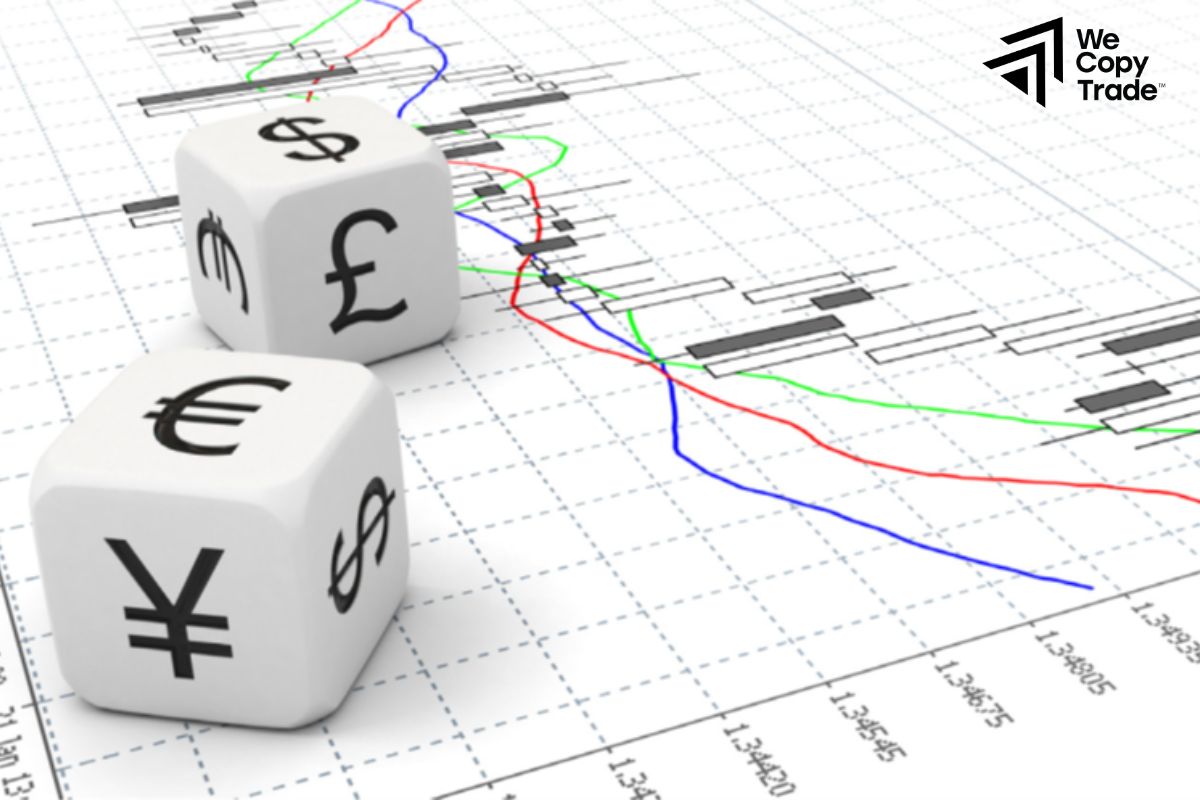
When working with foreign partners, the issue of payment is always an important factor. There are many different payment methods, each with its own advantages and disadvantages:
- Prepayment in foreign currency: This is the safest form of payment for sellers but is less popular with buyers.
- Reconcile the amount of money received with the amount of money spent in foreign currency: Opening a foreign currency bank account helps you manage your cash flow more effectively. However, you need to carefully consider the related costs.
Before deciding on a payment method, you should consult your bank for specific advice. Questions you should ask include:
- When should I consider selling abroad in foreign currency?
- Which currencies are suitable for my products?
- What are the foreign currency transaction fees?
- How can I manage risk when trading in foreign currency?
Tips on Converting Currency in Foreign Trade

International trade brings many opportunities but also comes with risks, especially Foreign Exchange Risk. To minimize this risk, businesses should:
- Prioritize stable and widely used currencies: US Dollar, Euro, Japanese Yen are safe choices.
- Avoid trading in volatile or restricted currencies: This can cause unforeseen risks.
- Closely monitor exchange rate fluctuations: This helps you make timely decisions to protect profits.
- Consider using risk management tools: Futures and options can help you protect against unexpected fluctuations in exchange rates.
In addition, businesses should also learn about digital currencies such as Bitcoin. Although it has great potential, this is still an emerging market with many risks. Therefore, it is necessary to consider carefully before deciding to use it.
Conclusion
In conclusion, foreign exchange risk management is an important factor to ensure the stability and sustainable development of enterprises in the global business environment. Hopefully after this article, you have a clear understanding of the types of risks and how to minimize risks for your business.
See now:




